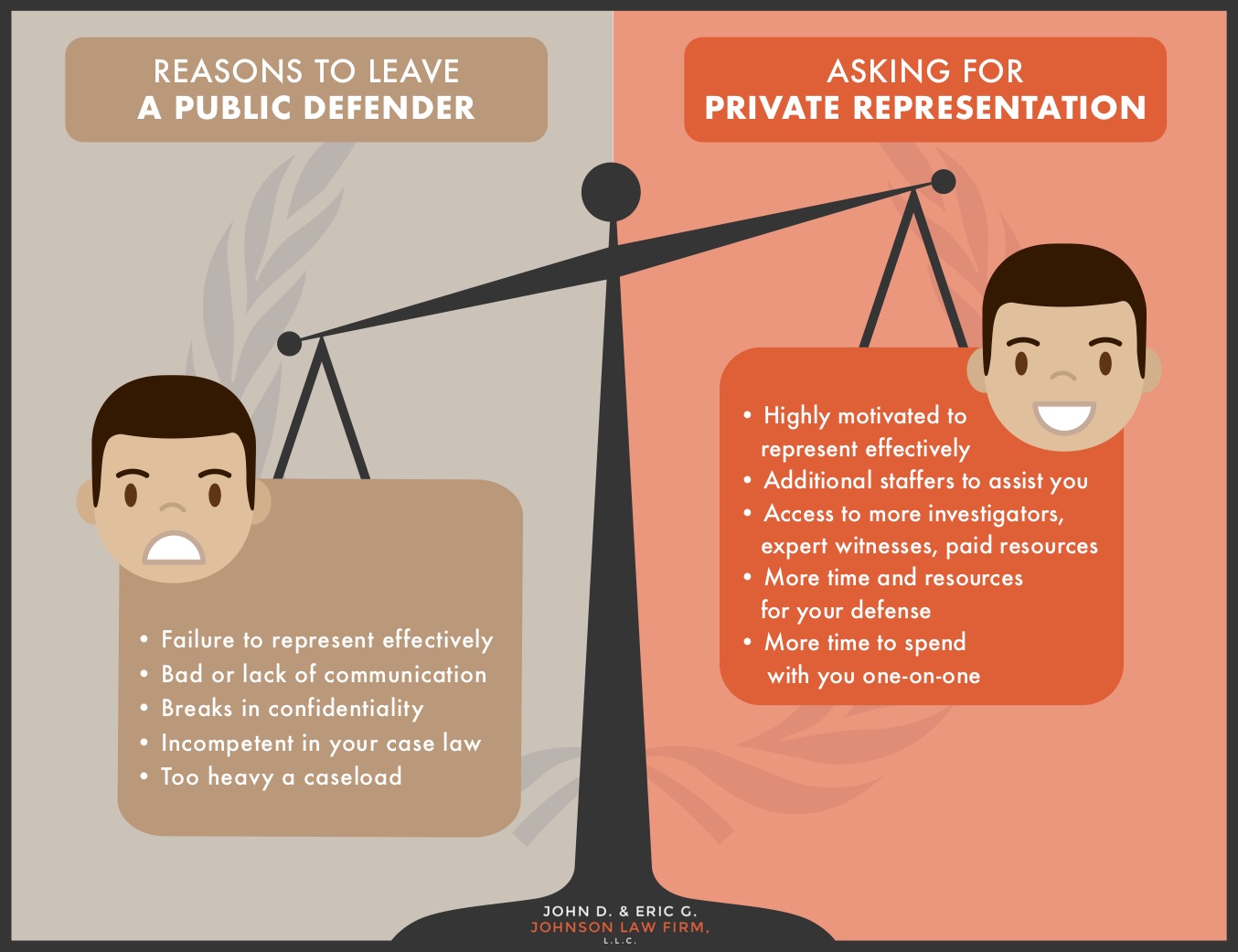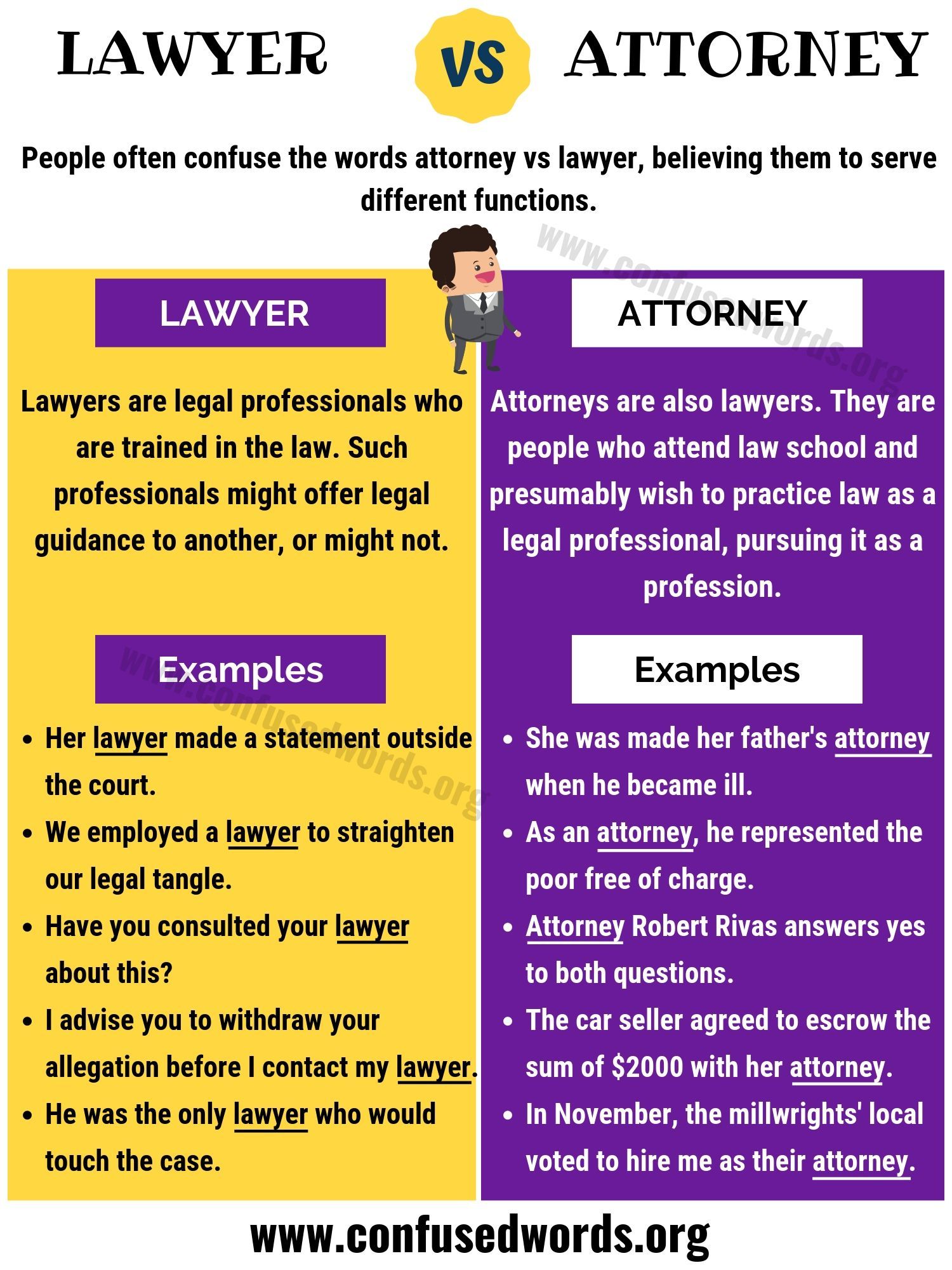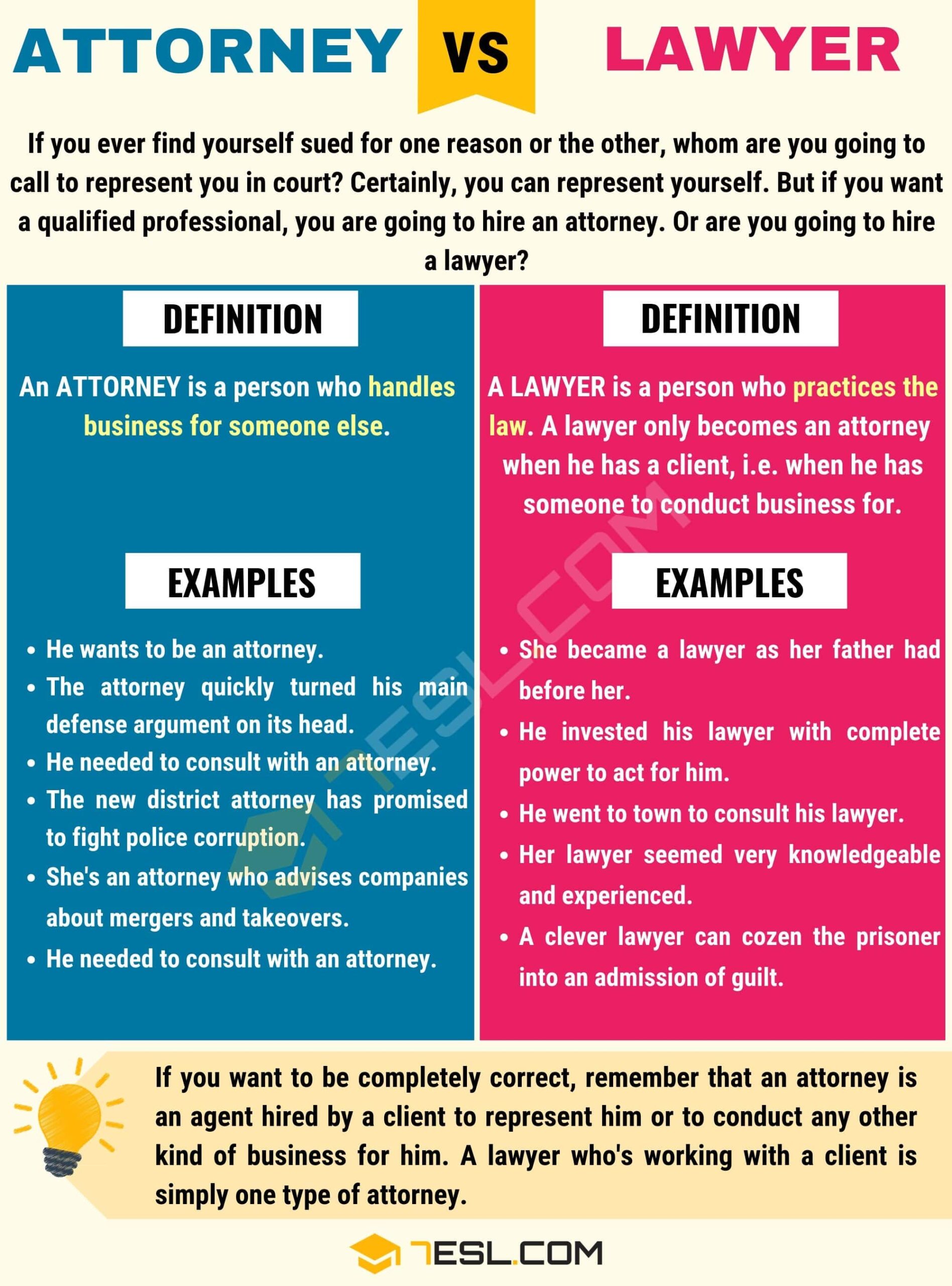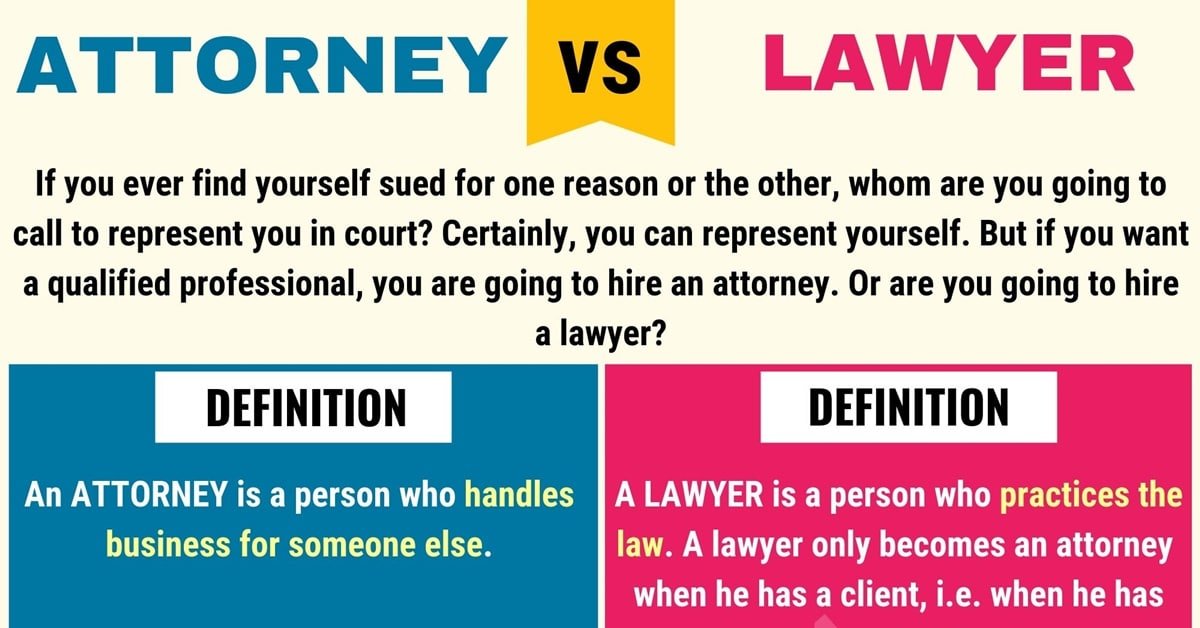You have probably heard the terms ‘lawyer’, ‘solicitor’, ‘barrister’ and ‘attorney’ to describe a legal professional. The terms may have come up in a TV show. Or, if you have been involved in legal proceedings, your lawyer might have told you that you will need a barrister to help with legal work. While they all describe a type of legal professional that can help with legal issues, there are key differences between the four. This article will explore those differences.
What Is a Lawyer?
A lawyer is a person who has had obtained a legal qualification. This is generally either a Bachelor of Laws or Juris Doctor degree, which provides them with the requisite legal training to permit them to give legal advice. Therefore, the word lawyer is a generic term to describe any legal practitioner and applies to both a solicitor and a barrister.
Just like in other fields such as medicine, lawyers (both solicitors and barristers) can specialise depending on the particular area they work in. For example, family lawyers focus on issues such as pre-nupital agreements and child custody. On the other hand, a criminal lawyer focuses on criminal cases concerning clients accused of crimes, such as assault or rape.

What Is a Solicitor?
The definition of a solicitor under the Legal Profession Uniform Law (NSW), is a legal practitioner who has completed a law degree and holds a practising certificate. This certificate is acquired after undergoing Practical Legal Training (PLT) and being admitted to legal practice. Solicitors must then complete 18 – 24 months of supervised practice before they receive a practising certificate.
The term ‘solicitor’ is not common – most refer to themselves as lawyers. A solicitor is a lawyer that provides legal advice to clients in one or more areas of law. They are the first port of call when an individual or a business needs advice on a legal matter, or legal services such as drafting contracts, protecting intellectual property, or assisting with business sales and purchases. They manage the daily legal affairs of their client’s case.
For solicitors that deal with disputes, most of their time is spent out of court and dealing with preparatory matters for litigation such as preparing claims and evidence or conducting settlement negotiations. However, solicitors will appear in court unless a barrister is required.
How to Recover Unpaid Invoices
Whether you’re a small business owner or the Chief Financial Officer of an ASX-listed company, one fact remains: your customers need to pay you.
This manual aims to help business owners, financial controllers and credit managers best manage and recover their debt.
What Is a Barrister?
Where a court matter involves complex issues, a solicitor might instruct a barrister to appear in court on behalf of their clients. A client cannot retain a barrister directly.

A barrister is an expert advocate. They provide specialist legal advice in specific areas of law. Barristers spend much of their time representing individuals and businesses in court.
A solicitor becomes a barrister after satisfying the exams and requirements for their relevant state’s Bar authority.
The relationship between a solicitor and a barrister is similar to your general medical practitioner (GP) and a specialist they refer you to. Your GP will assess your problem, do some preliminary tests and give you their advice. However, they then may refer you to a specialist to explore that advice and get their expert opinion. Your GP and specialist will often then work together to assist you.
A barrister will assist their instructing solicitor with drafting court documents. They will also focus on giving strategic advice on how the case will run. Barristers may also prepare submissions for when the case proceeds to a hearing. In other words, a solicitor engages a barrister for specific items of work that require their specialist skills and advice, and a client should not be concerned about duplication of work.
What Is an Attorney?
In Australia, the ‘attorney’ or ‘attorney-at-law’ term is not common except in the case of ‘trade mark attorney‘. Instead, ‘lawyer’ or ‘solicitor’ is more common. For example in the US, an attorney is a general term for a lawyer that has passed a bar examination and can practice law in a particular jurisdiction. Attorneys act as lawyers but not all lawyers can perform the work of attorneys.
In Australia, a patent attorney is someone who has further qualifications in a field of patentable technology (generally science or engineering).
A trade mark attorney will not represent clients in court, unlike solicitors and barristers. They are also bound by a different system for regulatory and disciplinary action than lawyers. Indeed, a separate professional code of conduct outlines the very strict responsibilities that they are subject to. Importantly, the confidentiality between a trade mark attorney and their client does not extend to court cases.
Key Takeaways
The term ‘lawyer’ is an umbrella term for both solicitors and barristers. Solicitors provide general legal advice on a variety of issues. Barristers are specialists in certain legal fields that solicitors can instruct on behalf of their client to appear in court. In Australia, attorneys often refer to trade mark attorneys.
If you have any questions or need legal advice, contact LegalVision’s business lawyers on 1800 532 904 or fill out the form on this page.
Frequently Asked Questions
What is a Lawyer?
Lawyer is a generic term to describe a person who has had obtained a legal qualification and had legal training. It applies to both solicitors and barristers.

What is a Solicitor?
A solicitor is a legal practitioner who has completed a law degree and holds a practising certificate.
What is a Barrister?
A barrister is a solicitor who has completed the exams and requirements of their state’s Bar authority. This means they can appear in court.
Was this article helpful?
About LegalVision: LegalVision is a commercial law firm that provides businesses with affordable and ongoing legal assistance through our industry-first membership.
By becoming a member, you’ll have an experienced legal team ready to answer your questions, draft and review your contracts, and resolve your disputes. All the legal assistance your business needs, for a low monthly fee.
Article Source:https://legalvision.com.au/difference-lawyer-solicitor-barrister/

